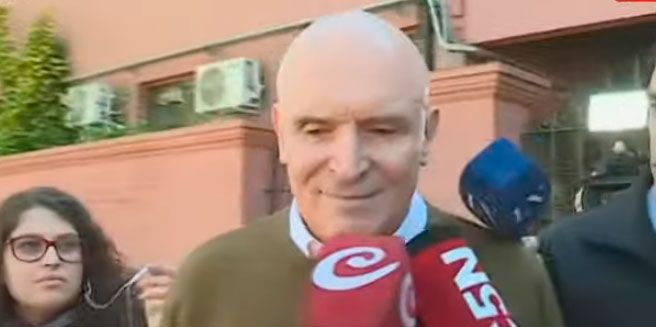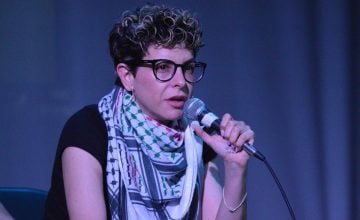Original article: Argentina vota entre la rabia y la esperanza: ¿Nuevo mapa del poder político legislativo?
Midterm Legislative Elections in Argentina
In a historic voting procedure, over 36 million Argentines are heading to the polls today, according to reports from Perfil.Com. These midterm legislative elections serve as a referendum on President Javier Milei’s administration.
The day is characterized by the implementation of the Single Paper Ballot (BUP) for the first time at the national level, a change aimed at streamlining the counting process and minimizing disputes. Polling stations opened at 8:00 AM and will close at 6:00 PM, where citizens will redefine the power dynamics influencing the remaining two years of the presidency.
The focus of this election is on renewing 127 seats in the Chamber of Deputies and 24 in the Senate, from a total of 257 and 72, respectively, as outlined by the legal framework from theCentro Estratégico Latinoamericano de Geopolítica (CELAG).
This partial renewal, dictated by Articles 50 and 54 of the National Constitution, serves as a critical gauge of political support. As highlighted by Perfil.Com, the key battleground is Buenos Aires province, where 35 of the 127 Deputy seats are up for grabs, followed by Córdoba with 9, and Santa Fe and Mendoza with 5 each.
The current composition of Congress, detailed by CELAG, reveals a fragmented landscape where the ruling party, La Libertad Avanza, starts with only 39 deputies. According to the center’s analysis, in this election, «La Libertad Avanza has very little at stake,» as it is only renewing 10 of its seats. The party facing the greatest risk is the Peronist Union for the Homeland, defending 47 seats, while the opposition coalition Together for Change faces a significant turnover with 19 seats from PRO and 10 from UCR up for election. The outcome will redefine the balance of power in the lower house.
In the Senate, the competition is equally intense, with eight provinces electing their representatives: Río Negro, Salta, Neuquén, Tierra del Fuego, Santiago del Estero, Entre Ríos, Chaco, and the Autonomous City of Buenos Aires. The system of majorities and minorities awards two seats to the most voted list and one to the second. CELAG notes that the Senate may experience significant reconfiguration, as Union for the Homeland puts 13 of its 30 current seats at risk, while La Libertad Avanza, not renewing any senators, aims to capitalize on discontent to expand its representation from the current 6 seats.
The atmosphere at polling centers, captured in images by Perfil.Com, is calm, yet there is a collective awareness that more than just legislative composition is at stake. As framed by local media, the fundamental debate revolves around the “economic direction and governability” of Milei’s government. Today’s results will determine whether the ruling party gains the necessary momentum to advance its reform agenda or, conversely, meets with a Congress that is even more fragmented and adversarial, deepening political and economic uncertainty in the country.
For regional observers, these elections are a key barometer of right-wing populism in South America. The performance of La Libertad Avanza, born from anti-system fervor, is now being tested at the ballot box after two years in power. The implementation of the Single Paper Ballot, the significant electoral weight of Buenos Aires province, and the majority-minority system in the Senate, based on Article 54 of the National Constitution and Law 24.444, all make this day a case study on political volatility and democratic mechanisms in the region.
José Luis Espert Remains Silent on Drug Case Shaking Libertad Avanza
According to Perfil.com, earlier this morning, «Jose Luis Espert, the frustrated lead candidate of La Libertad Avanza in the province, cast his vote at a school in Béccar, amidst one of the most difficult moments in his political life.»
The Argentine outlet further emphasized, «The current deputy merely pointed out the formalities of elections and democracy, but when reporters shifted questions towards his judicial situation with the drug-trafficker Fred Machado, his silence was absolute, and he stuck to repeating that he would not comment on ‘that matter.'»












